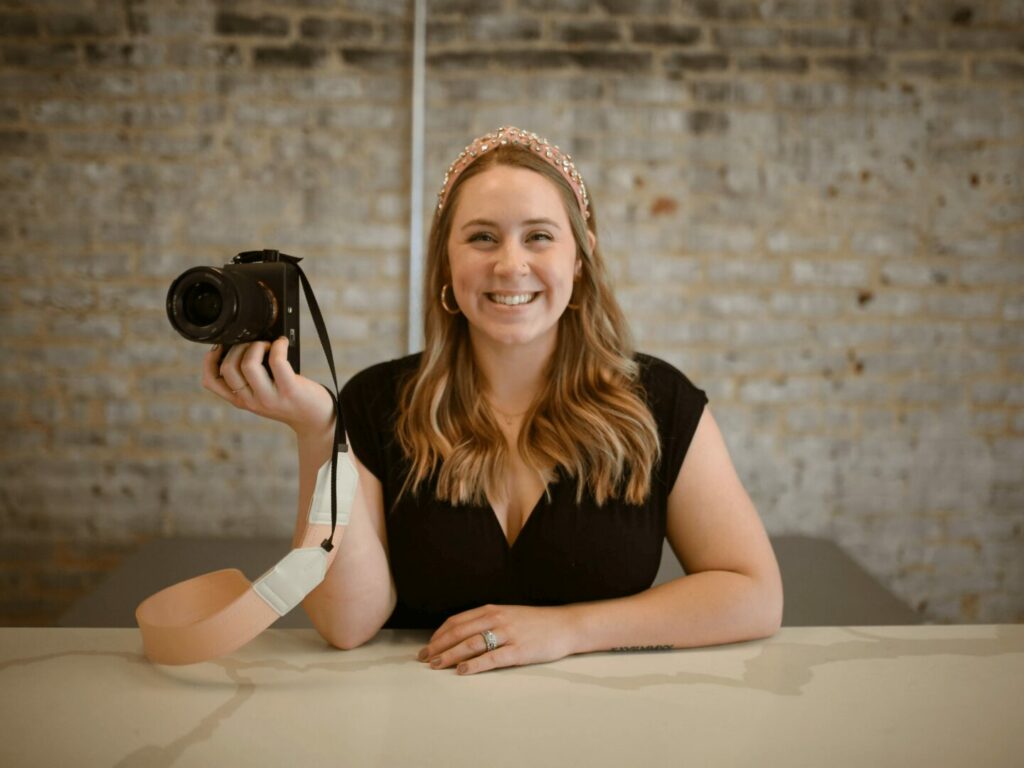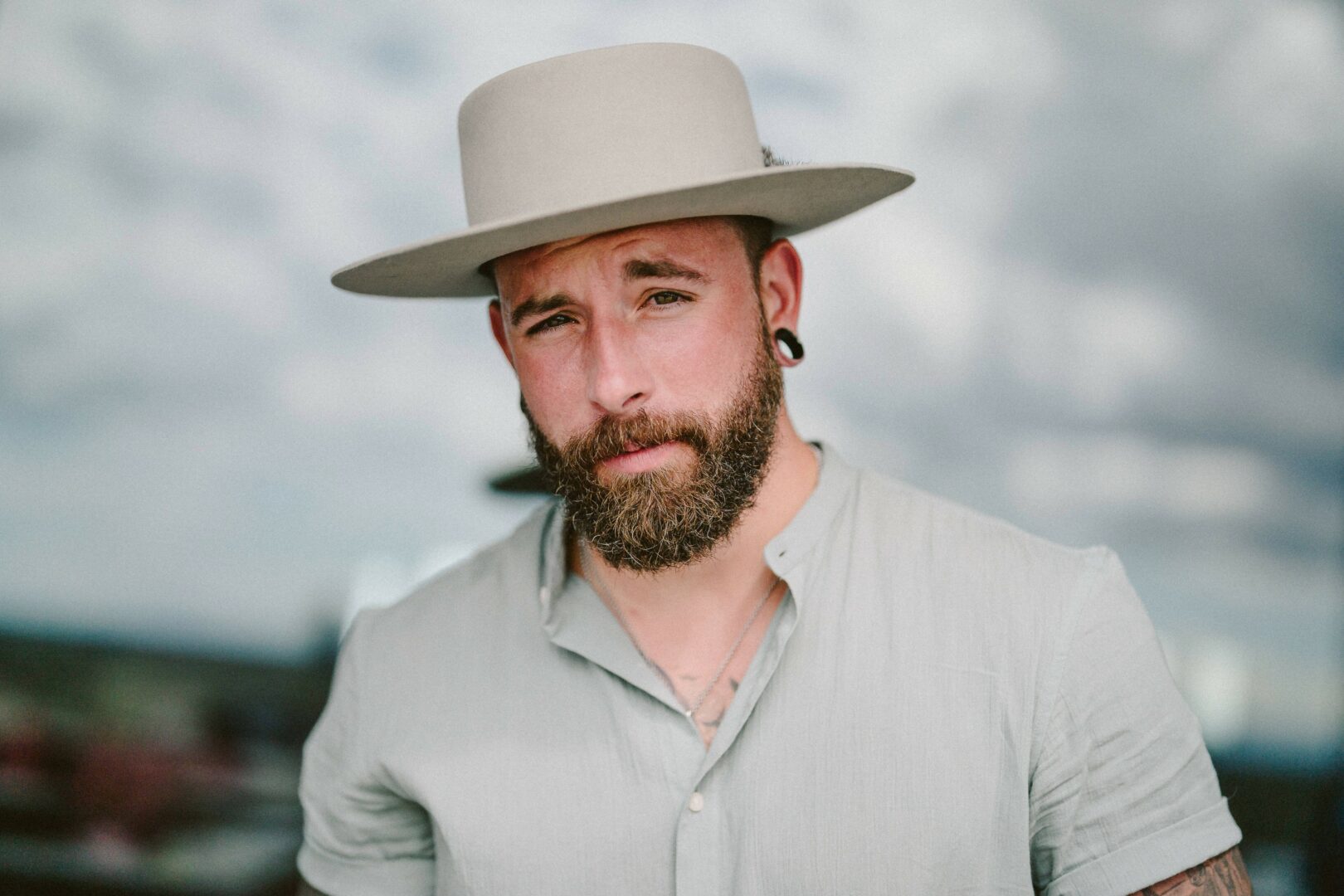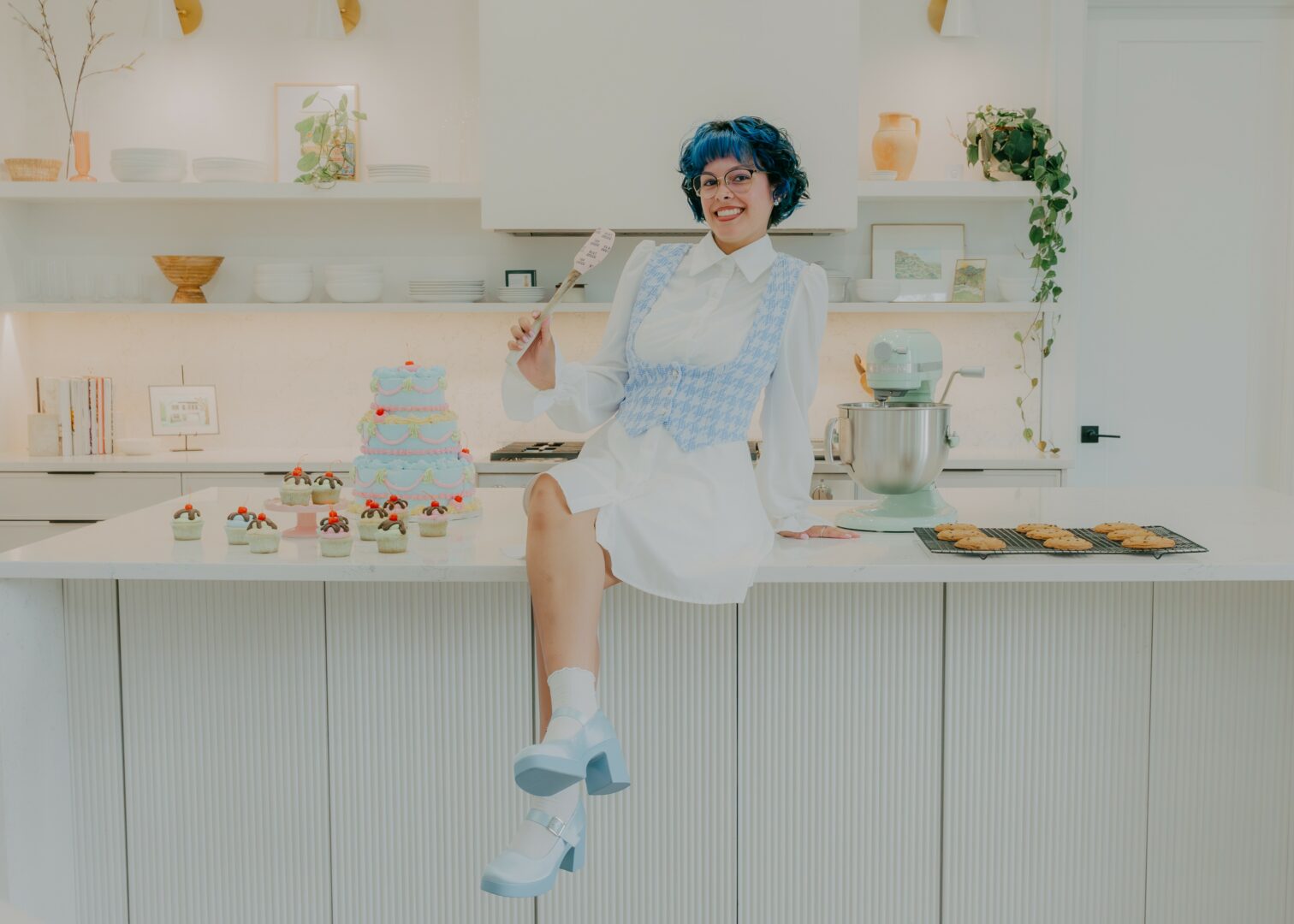We’ve got some of the most incredible artists, creatives and entrepreneurs in our community and we are constantly shocked by how prevalent imposter syndrome is. So many incredibly talented folks are haunted by self-doubt by a society that often tells you not to think too highly of yourself, but in order to have the strength to take on big challenges and make meaningful change in the world you’ve got to believe in yourself and so we wanted to create a space for conversations around overcoming imposter syndrome. Read more>>
Clinton K. Powell
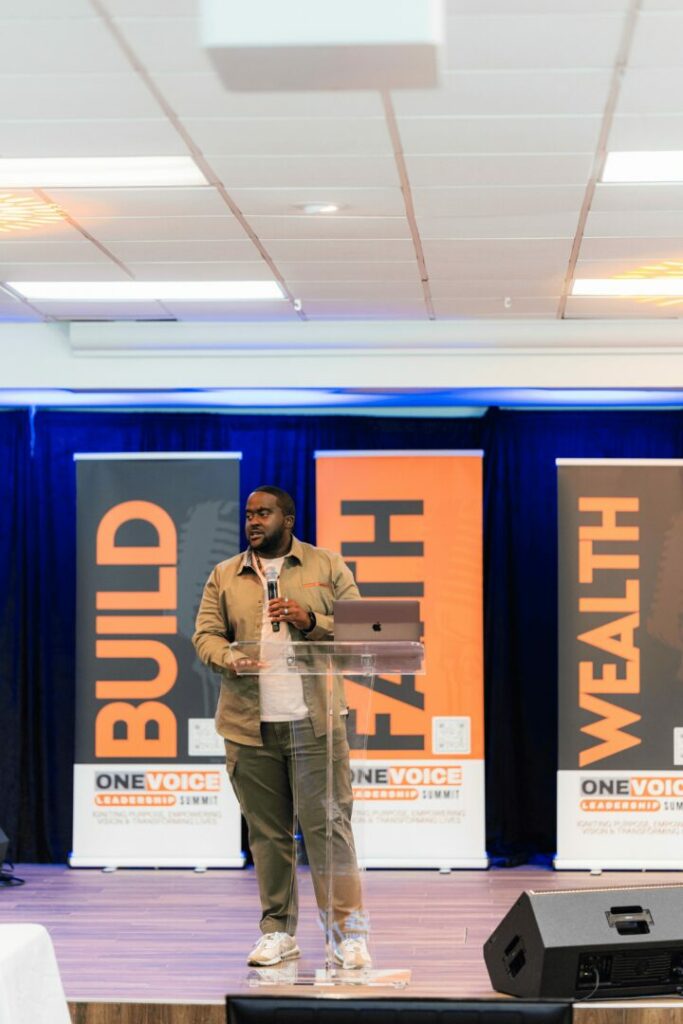
Imposter syndrome is something that’s followed me at every stage of my journey, and it’s something I remind my coaching clients will likely follow them too. Each time you reach a new level of success, the stakes get higher, and that voice of doubt can resurface, asking, “Who do you think you are to be here?” Read more>>
Christina Lane

Even though I have enjoyed what most people would perceive as a lot of success on the exterior that is rarely the way I have seen myself. While I had impressive job titles I never prioritized fields where there was a high income available. I also had a complex childhood and a divorce at 38. On some level how other’s saw me was never quite how I was able to see myself. When I got up the courage to leave my stable career for online entrepreneurship it wasn’t with dollar signs in mind still. I wanted to see how much change and influence I could have in somatic coaching. Read more>>
Natalia Sandoval

I haven’t. Imposter syndrome inevitably shows up when I’m close to a significant breakthrough. A little voice in my head mocks me for thinking I could aim to produce work as good as my peers or the authors I aspire to be in conversation with. And it’s so recurrent that I kind of expect it to happen. By now, I simply think, Oh, here you are! I guess if the opposite were happening, I’d feel anxious or more stressed; what would the absence of that voice mean? That I’m no longer aiming for work that scares me? That I’ve become complacent in my thinking? Read more>>
Liv Bailey

Imposter syndrome isn’t easy to overcome, and I still struggle with it from time to time. Especially now, since I’m a recent graduate and seeing others around me finding opportunities, it makes me feel I am where I am supposed to be. However, the best thing that has helped me with combating imposter syndrome is having a strong support system that not only encourages and motivates me but also helps me direct myself where I need to be. In the world of art where everything is moving at a rapid speed, having this support system helps me ground myself and know I am indeed where I am supposed to be. Read more>>
Monica Mckee
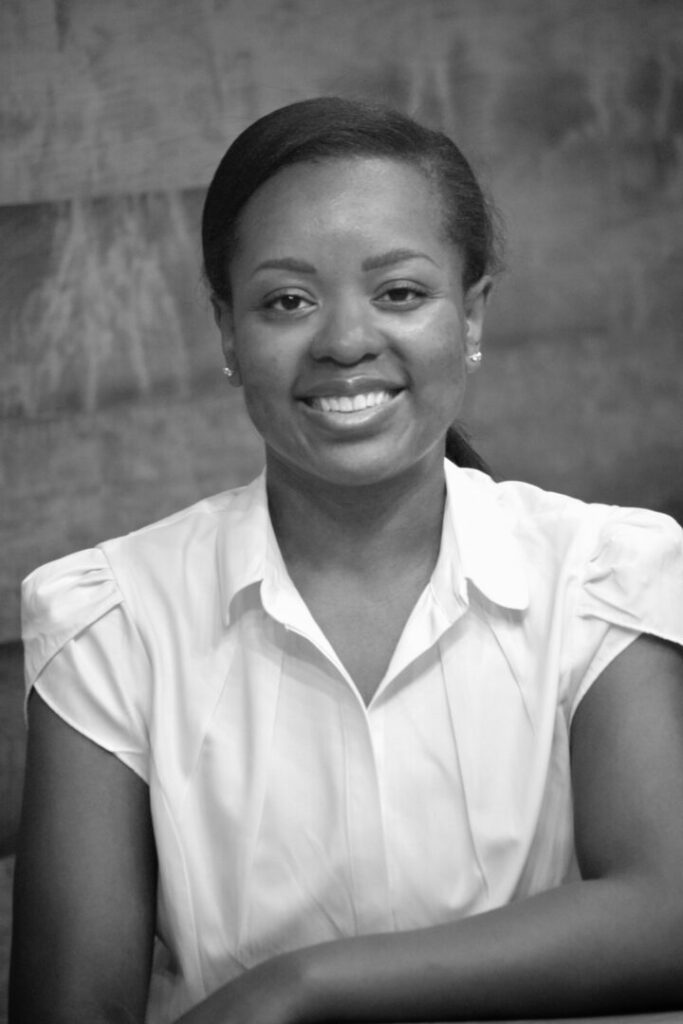
How did I overcome imposter syndrome? I have been mulling on this question for a few weeks now. In full transparency, I still wrestle with it from time to time. A few years back, in a time of prayer with my husband, I believe God spoke to my heart about starting a nonprofit to help individuals and families in need of car repairs to get their cars fixed. More importantly, this would be a service for people to experience God’s love for them through the amazing team of people within Drive Grace. The biggest challenge I have had with starting an organization was not the paperwork, it was and often times still is, leading people. Read more>>
Mel Necole
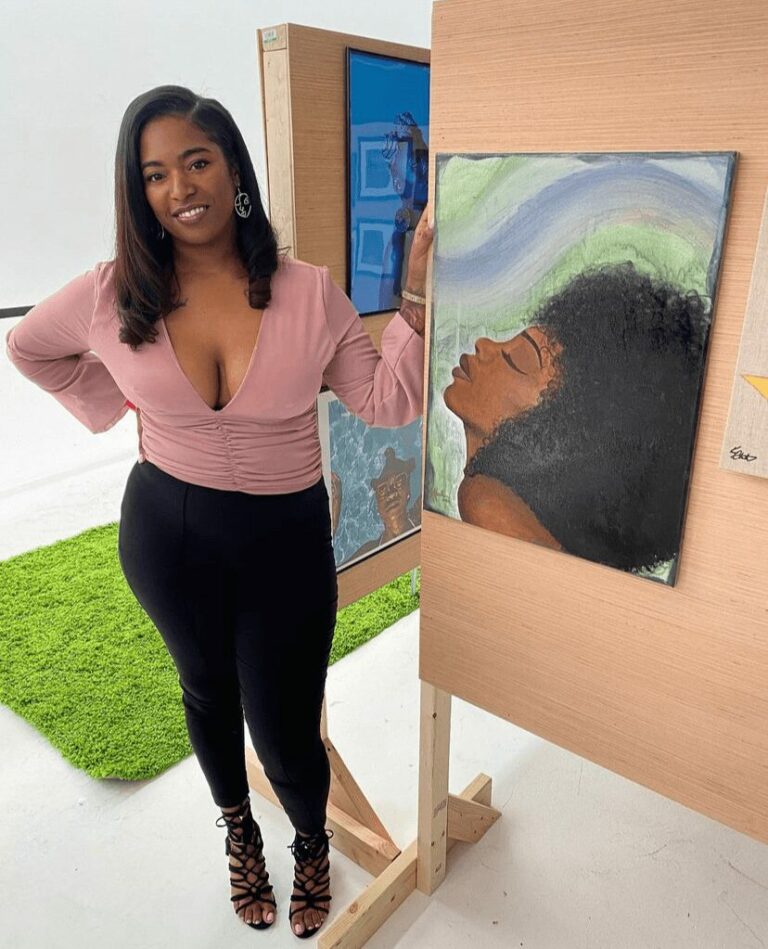
I started treating my life as a huge development project which took away the pressure of needing to have a perfect product. Moving in this way allows me to see and embrace people for who they are and even the ways that they may inspire me without making me feel like I’m missing anything. Because I view myself as my Magnum Opus, I am constantly seeking to learn about the things that bring me joy. This has made the journey fun for me, and I am seeing it reflect in my work more and more. As cliche as it is, life is truly about putting your blinders on and directing your vision to your own lane because God wants to do something new there. Read more>>
Hailey Bohlman

One of the biggest realizations that has completely changed the way I feel about imposter syndrome is realizing that everyone brings something unique and special to the table, including me! As a wine educator who’s only ever had one formal certification in wine and no restaurant ability, I often felt like, “who do I think I am teaching people about wine.” Read more>>
Kudra (nizar) Mohammed
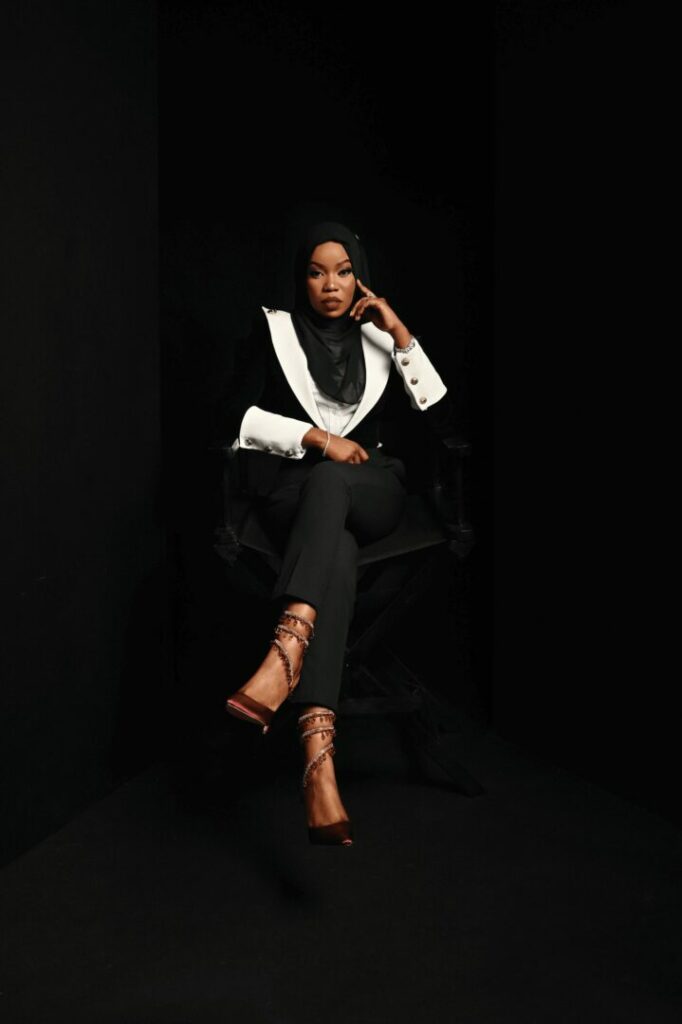
Imposter syndrome is something that’s always present, no matter what stage or height you reach in your life or career. It’s not something I’ve completely overcome, but rather something I manage actively. I’ve come to realize that these feelings are a sign that I’m pushing myself outside of my comfort zone, which is necessary for growth. Read more>>
Rob Mor
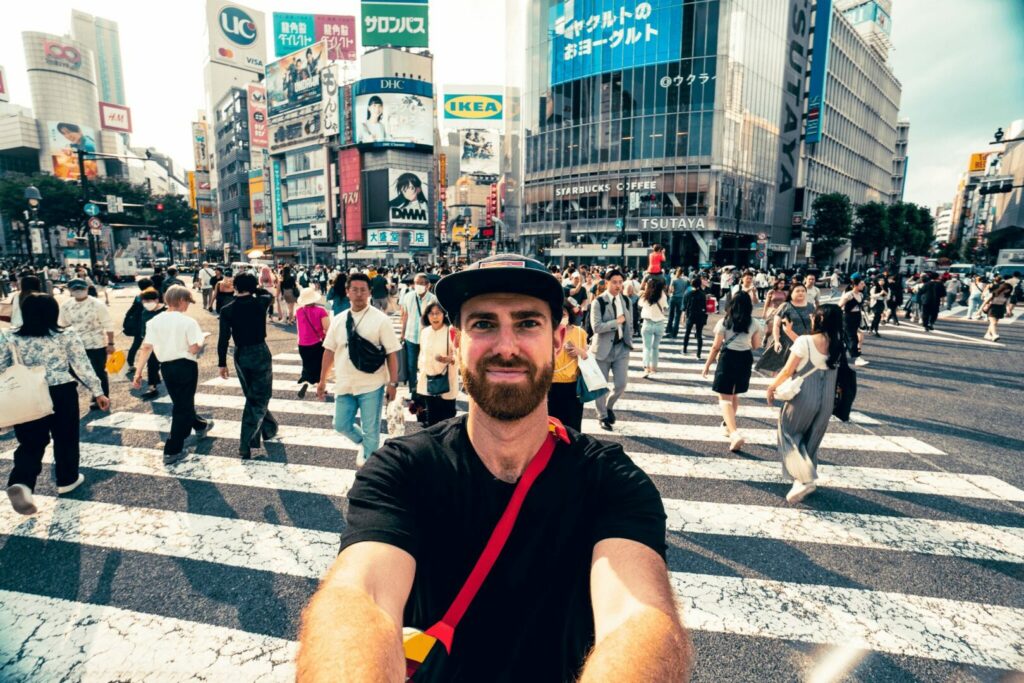
I have often times felt imposter syndrome throughout my 15 year career in the entertainment industry. Whether running my creative agency, Tallboy, or doing stand up at the Comedy Store or the Laugh Factory, to being backstage at major music festivals and awards shows – often I’ll pinch myself and be like “How did I get here? I don’t deserve to be here – this is simply too cool.” I’ve felt it wearing a suit and tie working in the mailroom at WME. Read more>>
Vanesa Alvarez

Imposter syndrome is something that we, as artists, will have to deal with throughout our careers. Not only for our own self-esteem, but also because our talent is exposed to the public and criticism makes us grow, but also makes us doubt ourselves. My trick when I have a day when I feel like an imposter is to go into my portfolio or my Instagram account and watch videos of my finished pieces. It’s impossible that an imposter created all that! Read more>>
Malcolm Dorsey
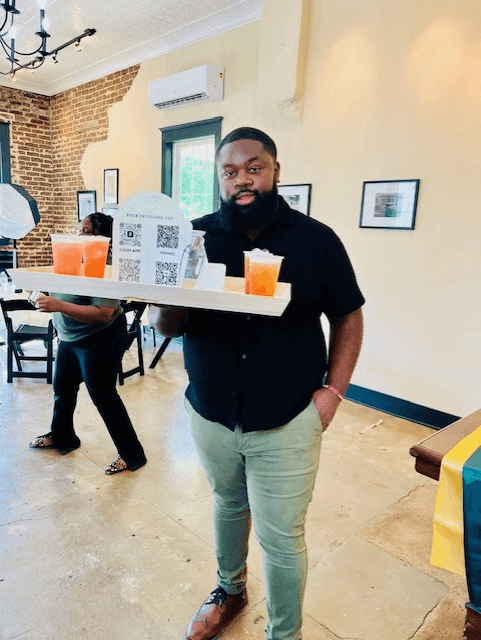
Starting a business is like mixing a perfect cocktail—you never quite know if the flavors will blend just right, but you hope it leaves a lasting impression. As I dreamt up Pour Decisionz, the name alone raised more than a few eyebrows. “Pour Decisionz? Are you sure about that? What do you know about drinks? It takes money that you don’t have. These statements were stated and asked, (even some family). Their voices filled with plenty skepticism. Read more>>
Sophie Nolan

Imposter syndrome is something that comes in heavy waves for me! Especially being pretty new into the photography game, it’s a hard feeling to avoid. Luckily, I have the best photographer peers to constantly lift me up when feeling down. When creativity hits a wall, it’s nice to collaborate with insightful and inspiring women in the industry to extinguish that sense of doubt! Without these empowering women beside me, I really don’t know if I’d be where I am now. Being a business owner in itself is tough!! But I’m so lucky to be surrounded by others who are all looking to achieve the same goal. There’s never competition, just uplifting eachother!!! Read more>>
Eric Fairclough
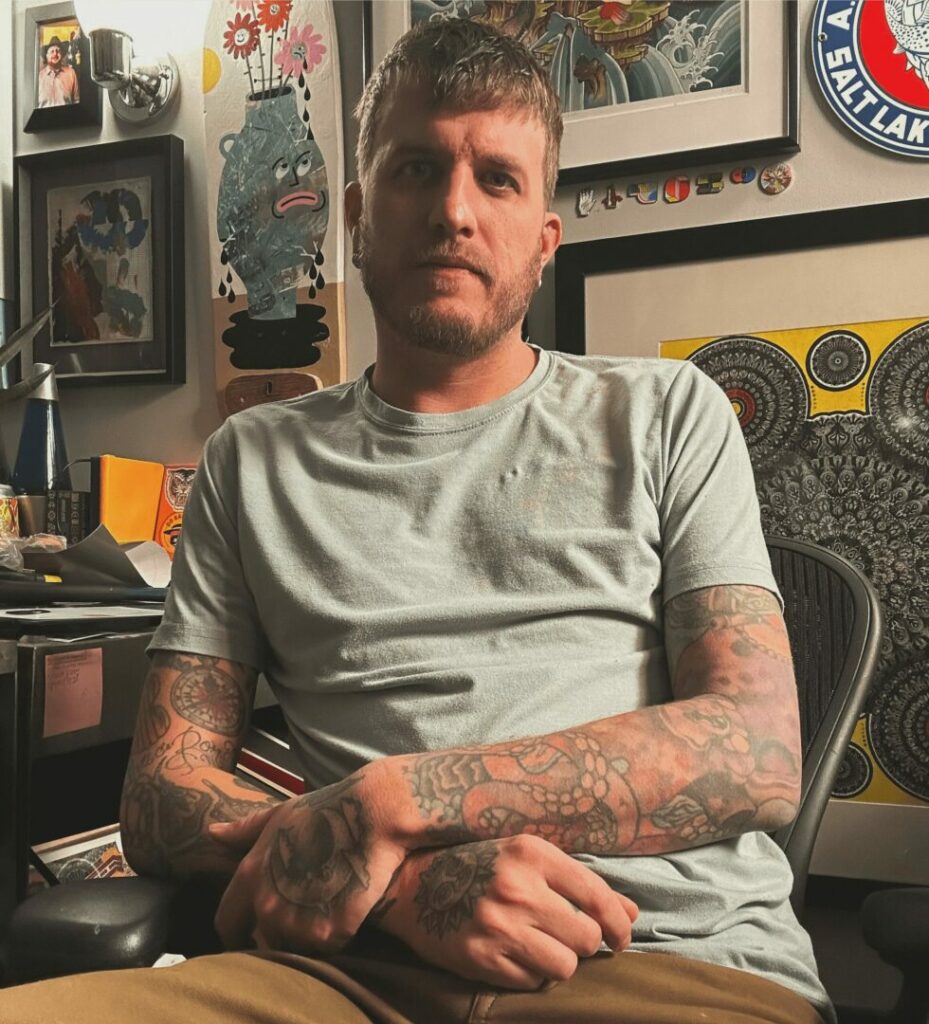
For me, imposter syndrome comes and goes in waves. Sometimes I feel like I’m flailing, trying to succeed in the art world even though I don’t belong. Other times I feel like I’m the best artist on the planet and deserve success. Read more>>
Jose Daniel
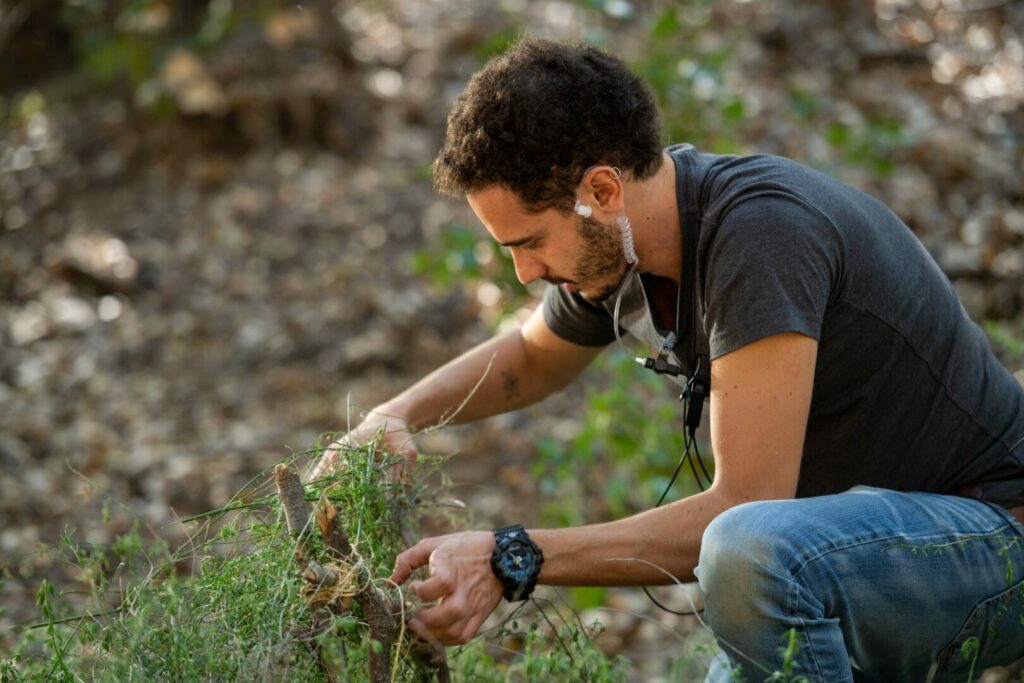
Even though I wouldn’t say I have completely defeated the imposter in my head because there are always going to be ups and downs, I can say that I have learned a few things along my journey that have helped me have more confidence in myself and reassure me that I deserve all that I have accomplished. Imposter syndrome has been something that I have struggled with for as long as I can remember. I think many people can relate to this insecure voice that tries to show you all the possibilities of things that could go wrong, this uncertainty that tries to convince you that you are not doing enough to accomplish all your goals and dreams. Read more>>
Cora Oaks
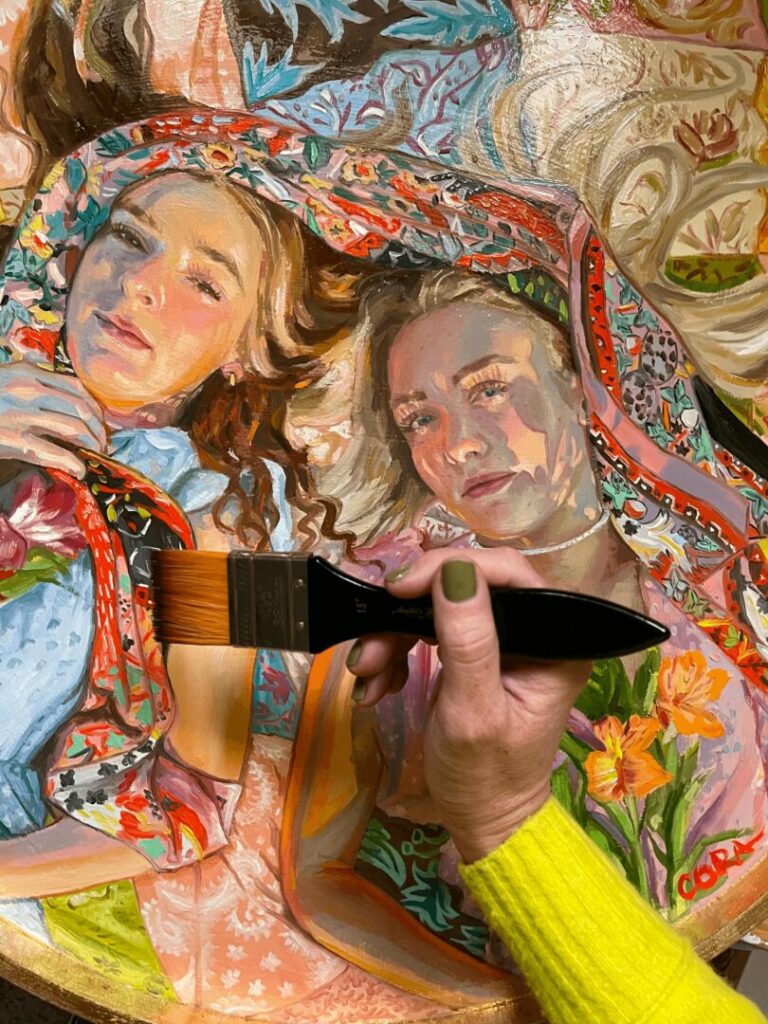
In the beginning of my art career, when posting my art publicly for the world to see, I would create a piece, take way too long to make a reel, post and then wait with great anxiety for likes and comments. If I didn’t receive enough validation, I would pull it down. I know I’m not the only one who has done this. Another thing I did in the beginning that showcased my lack of confidence in myself is that I would avoid going to in person art classes because I thought I wouldn’t be as good as other students and the art instructor would think I wasn’t good enough. Read more>>
Najmah Ahmad
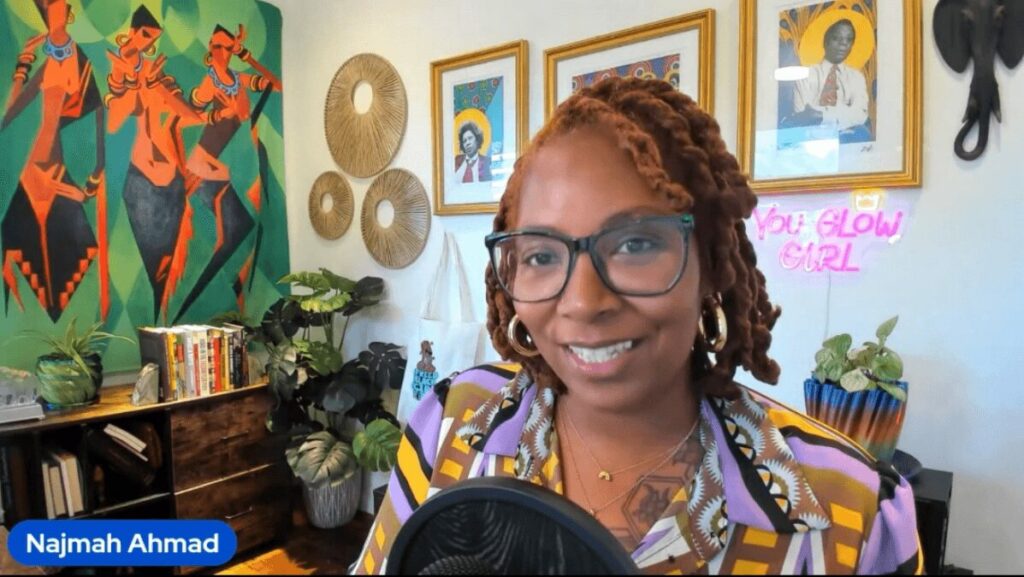
I overcame imposter syndrome by realizing that the very concept itself is flawed. Through my healing journey with a somatic therapist, I learned how past events shape our nervous system, creating neural pathways that can trigger automatic emotional reactions. These pathways often operate subconsciously, designed to quickly assess safety or threats. Read more>>
Ashley Fermo
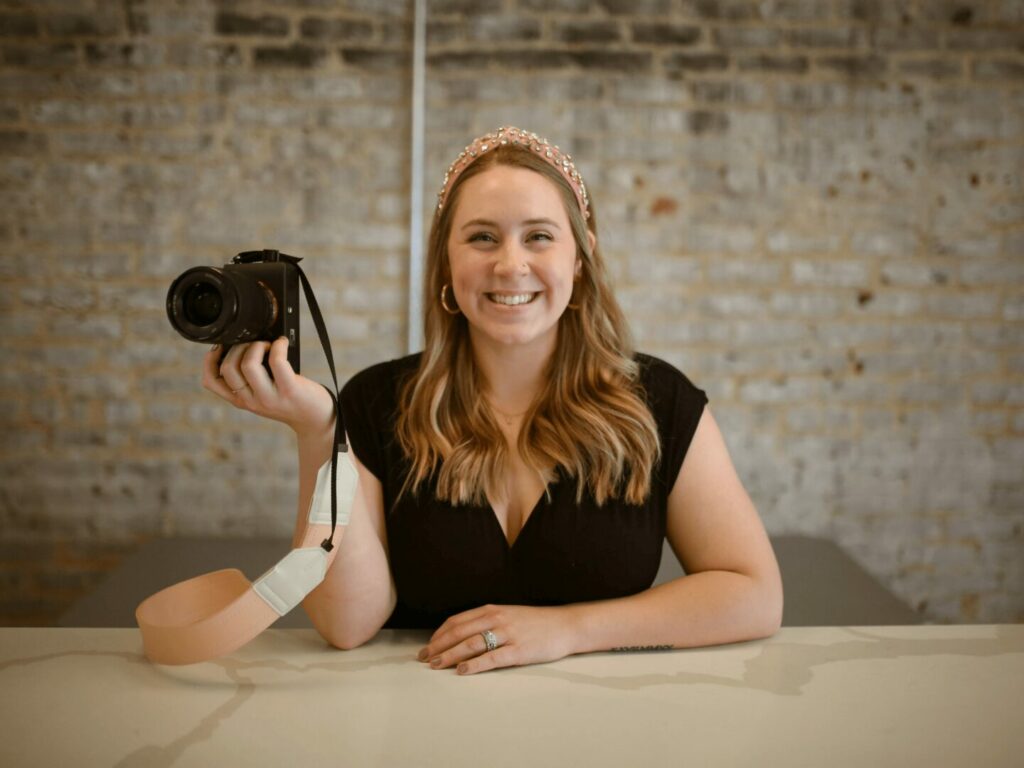
While I haven’t completely overcome imposter syndrome, I’ve learned some strategies to keep it in check when I start to doubt myself. When I first started my photography business, I struggled with analysis paralysis. I wanted everything to be perfect so future clients would take me seriously. But the more I stalled, the more I questioned myself—did I even take myself seriously? It wasn’t until I started working with an incredible mentor that I began to believe in my own potential. She saw something in me that I hadn’t recognized, and my journey into the world of birth photography began to unfold. Read more>>
Dana Schwart

Ugh, Imposter Syndrome. The thing that every woman and like three dudes has, where no matter how talented or successful or respected you are in your field, you feel like you actually don’t know anything about anything and any second, someone is going to find out. Or everyone is going to find out. Read more>>
Matt Barlow
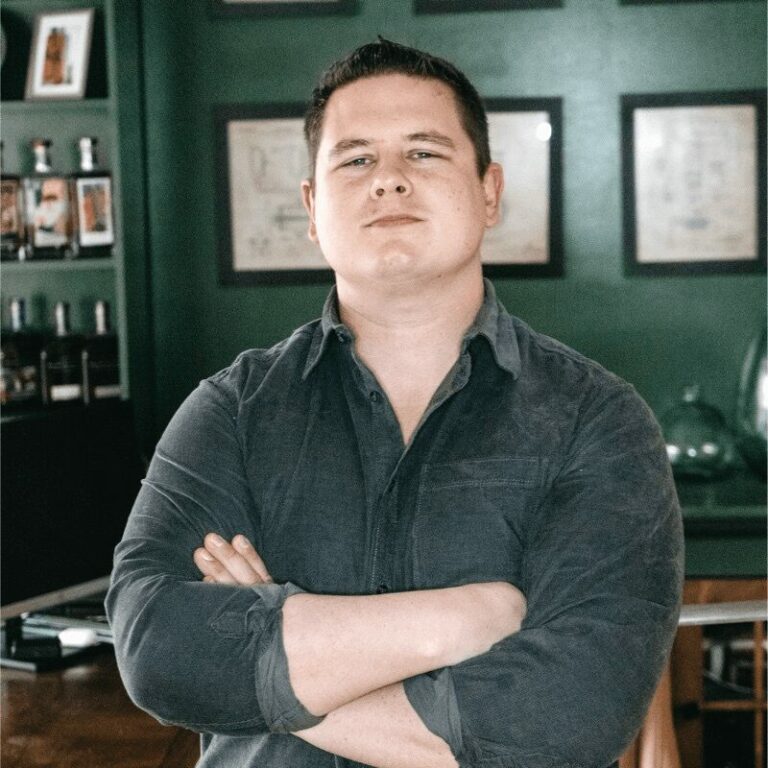
I think imposter syndrome is something that everyone has dealt with at some point in their career. But here’s the thing—you can’t let it crash your party. I remind myself that I’m here for a reason, and I didn’t stumble into success by accident. When those doubts start creeping in, I tackle them head-on by focusing on the wins, big or small, and the value I bring to the table. I surround myself with positive vibes, stay curious, and keep pushing forward. Plus, I believe that a little bit of imposter syndrome is just proof that I’m constantly leveling up. Read more>>
Kevyn Way
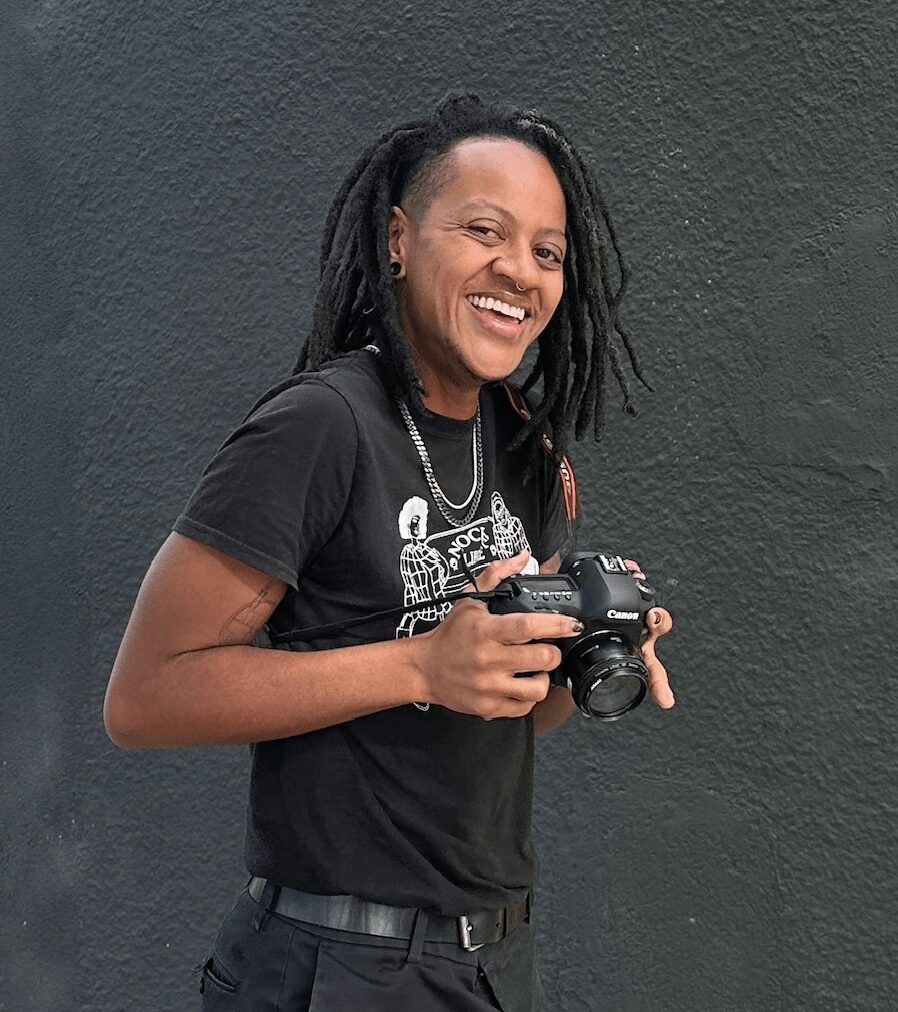
One thing that has helped me work towards overcoming imposter syndrome has been getting artist residencies and fellowships. Specifically 2727 California Street, which was a residency that was ran by queer & transgender Black artists. Being in that space made me feel like my projects are valuable and having established artists encourage and believe in me pushed me to believe in myself. Read more>>
Umberto Molinatti (he/him) And Sariel Snowings (they/them)

Given that I (Umberto) work in academia, imposter syndrome is always a present concern and something I’ve needed to learn how to handle. It comes with the territory of being in a field where you keep meeting brilliant people and, when you’re starting out, you are at the bottom of this chain.
I think that the best way to deal with imposter syndrome is to understand just how widespread it is, if the likes of Albert Einstein can feel like they’ve tricked everyone then it’s only natural that the rest of us have this feeling from time to time. Read more>>
Diane Pascual

Overcoming imposter syndrome was a gradual journey for me, rooted in embracing my unique background and experiences. Growing up as a Filipino American in San Diego, I often felt the pressure to fit into multiple worlds—balancing the expectations of my heritage with the norms of American society. This sense of duality followed me into my professional life, especially as I navigated the challenges of entering the design industry with a non-traditional path. Read more>>
Vered Mares
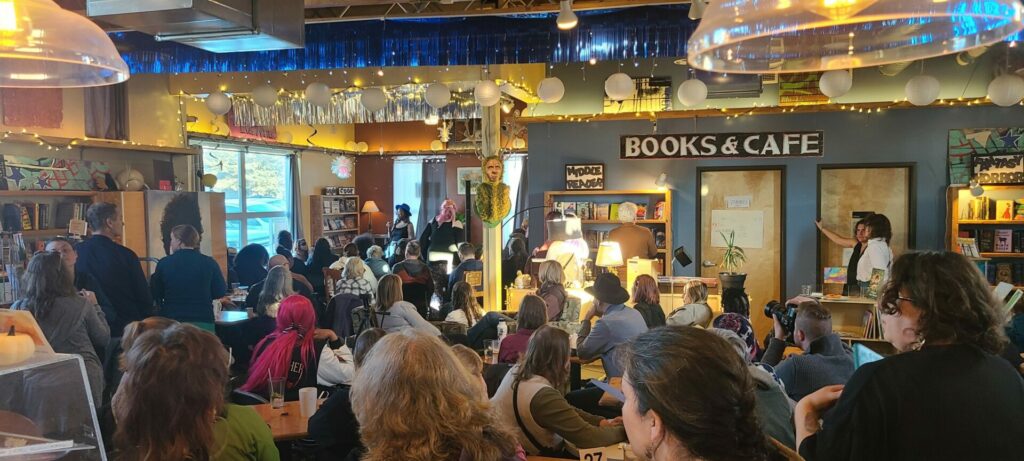
This is a tough one. I approach almost everything from a place of curiosity. I assume I am ignorant of a particular area of interest, and then do whatever I can to learn more. I don’t know that I overcome the feeling of “imposter” but I reinforce my backbone to keep going through continued curiosity and learning. Ignorance leads to curiosity which leads to learning and then to perhaps acceptance of what I’ve learned or the skillet I’ve acquired. Read more>>
Bria Blunt

Imposter syndrome is tricky because it’s like your heart saying, “I don’t want to lie,” or “Is this fair?”—both of which are totally valid feelings. I felt that a lot when I was first finding my way in the creative industry. People love to tout, “Fake it until you make it,” but that advice honestly misses some nuance. Sure, push forward despite fear and the confidence will come, but just as important is being real about where you’re at. Read more>>
Bria Blunt

Imposter syndrome is tricky because it’s like your heart saying, “I don’t want to lie,” or “Is this fair?”—both of which are totally valid feelings. I felt that a lot when I was first finding my way in the creative industry. People love to tout, “Fake it until you make it,” but that advice honestly misses some nuance. Sure, push forward despite fear and the confidence will come, but just as important is being real about where you’re at.
Becky Beech
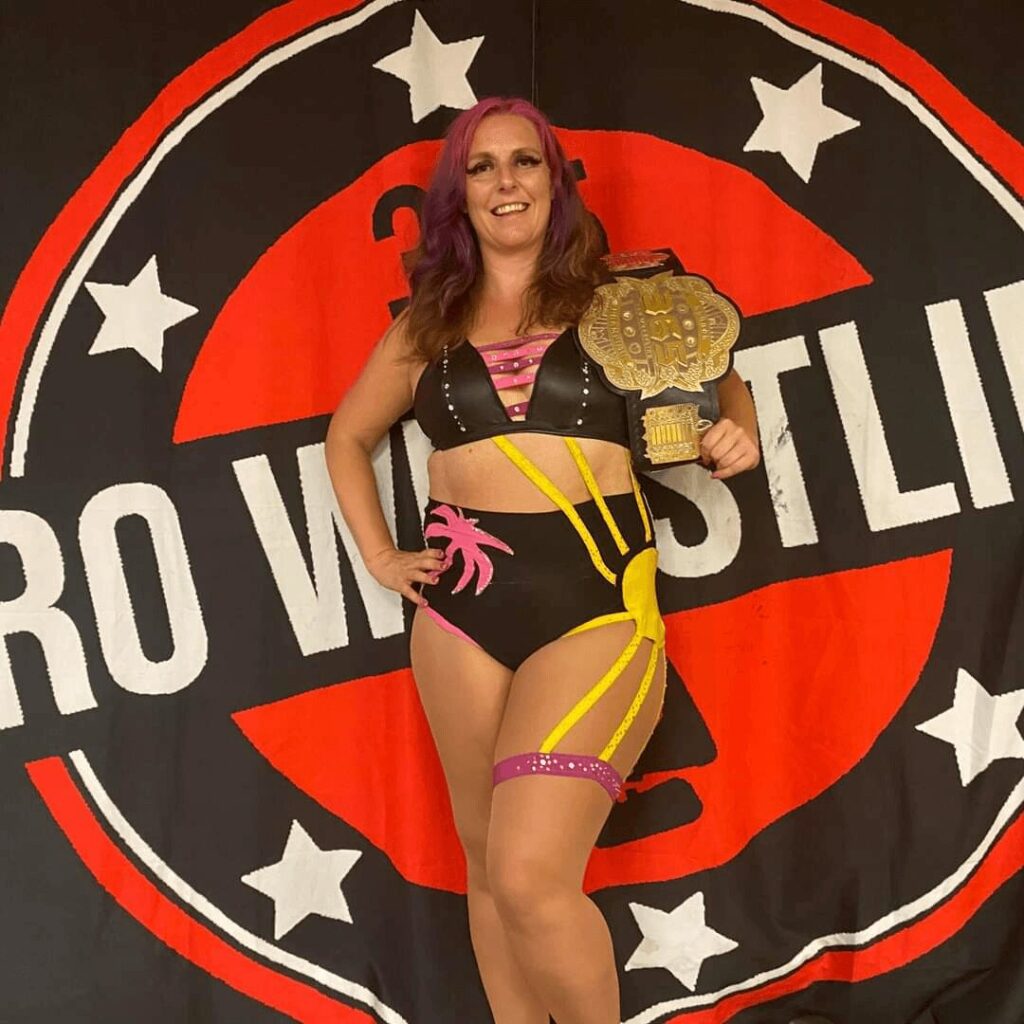
I’m honestly not sure that I have yet. I do know that I recognize when it’s rearing its ugly head now. And when I recognize it I remind myself that I have never wondered whether anyone else belongs somewhere, I believe that by existing in a space you belong. I should extend that same grace to myself. I also try to remember I am not in a race against others, I don’t have anything to prove to anyone else. I can be my own person without goal posts or achievements and still be a worthy and worthwhile person. Read more>>
Natasha Nurse

Oh, imposter syndrome? Yeah, I’ve definitely felt that! For me, it’s been about recognizing those feelings when they show up and reminding myself that they’re normal. I started by just admitting, “Okay, sometimes I feel like I don’t know what I’m doing,” but then I’d think, “Hey, nobody has it all figured out!” I learned to laugh at those moments and remind myself that my experiences and skills actually do matter. Read more>>
Jamelle Sanders
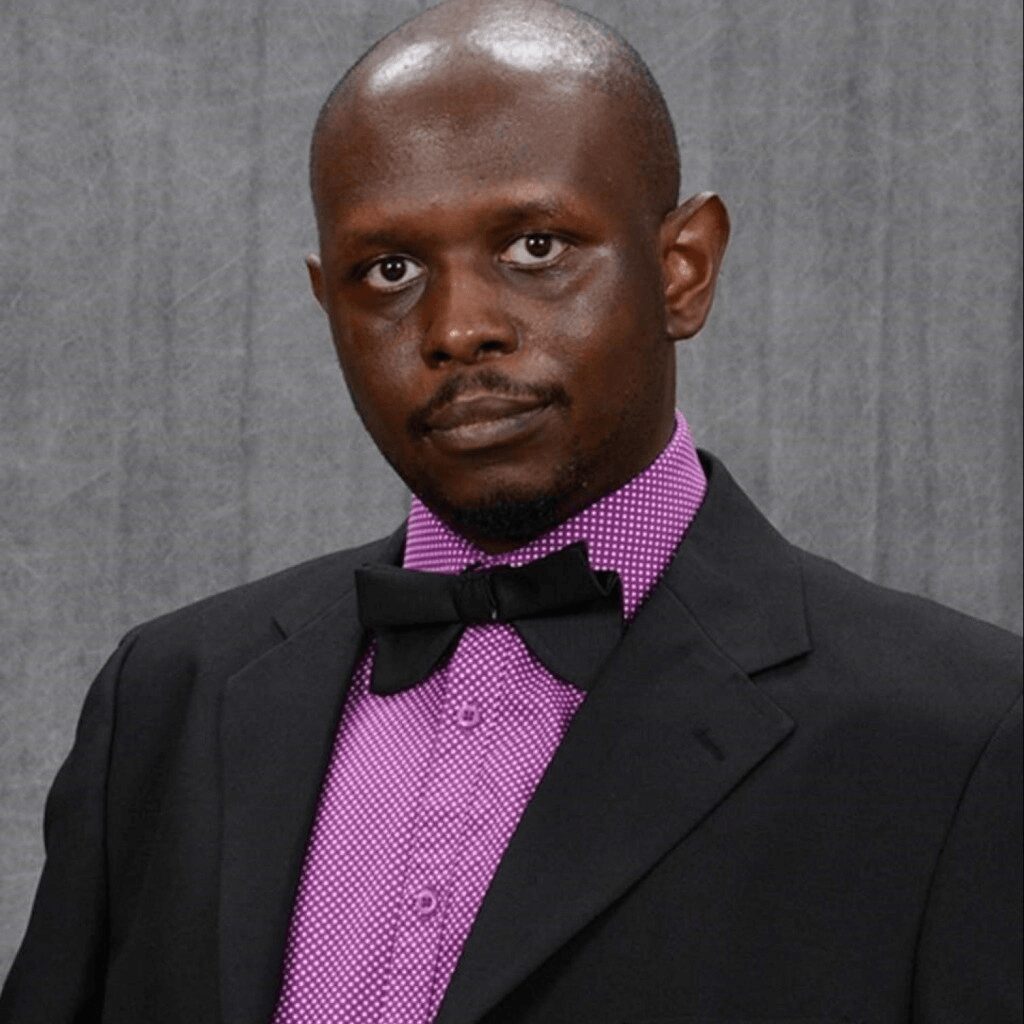
When it comes to answering the question of imposter syndrome, I strongly believe that imposter syndrome is strongly rooted in an identity crisis. Personally, any time I have had to take on a new challenge or I am about to go to the next level in my life, I have always felt this sense of fear, trepidation, and anxiety. While uncertainty is part of change, I discovered that it was much deeper than that. It was a deep feeling that I was fake, I did not know what I was doing and now everyone would know that I did not know what I was doing. Then I had an epiphany that changed the course of my life. Read more>>
Corrine Ishio
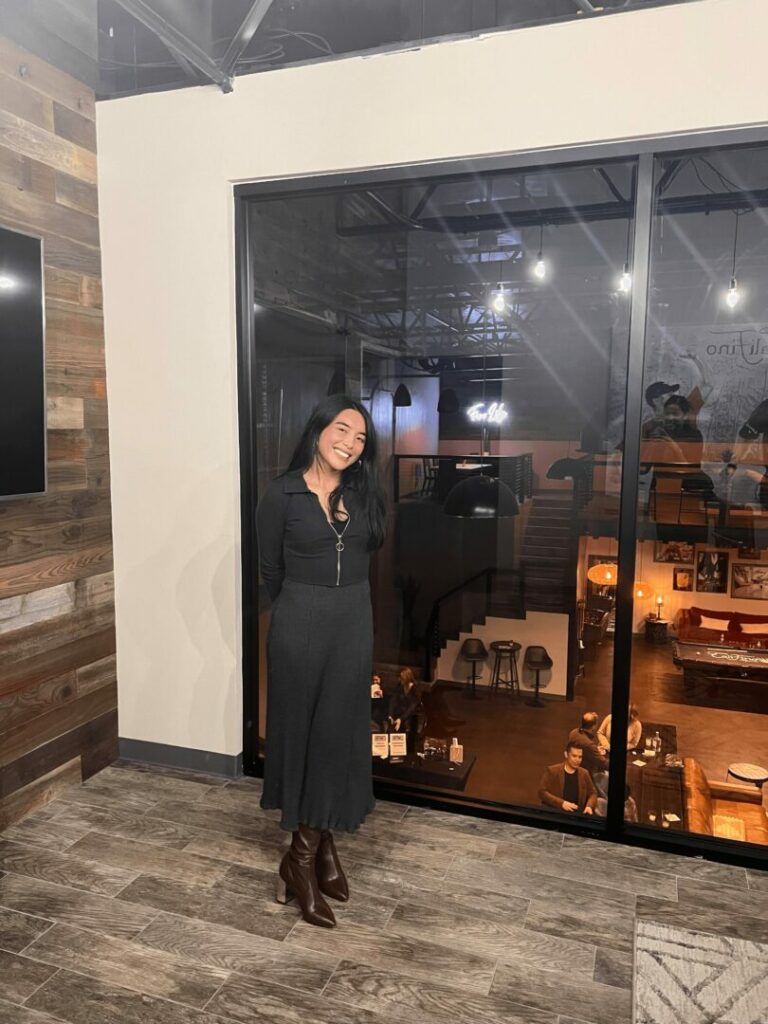
I never saw myself as a leader. In my early career as a recruiter, I lived for the excitement of exploring emerging and evolving industries, often being the first on the ground to tell the story of new sectors. My role was to identify the right talent for roles that hadn’t even existed before, diving into the high-stakes challenge of aligning people with groundbreaking positions. Read more>>
Taajera Jones
Overcoming imposter syndrome can be challenging, especially in creative fields where there’s constant pressure to produce innovative work. I can’t say I have fully escaped this mindset , but I have been able to at least recognize it- which is a great first step. Being aware of my mental space is directly connected to my dreams and creativity because I am my biggest critic. Take any creative job and compare it to a 9-5- you can master being a nurse or chef, but creators are forever evolving and you can truly never master creativity, so the pressure to stand out and be great is compared to those who have already overcame imposter syndrome or was born with the ideal self- confidence. Read more>>
Michael “gecko” Adams
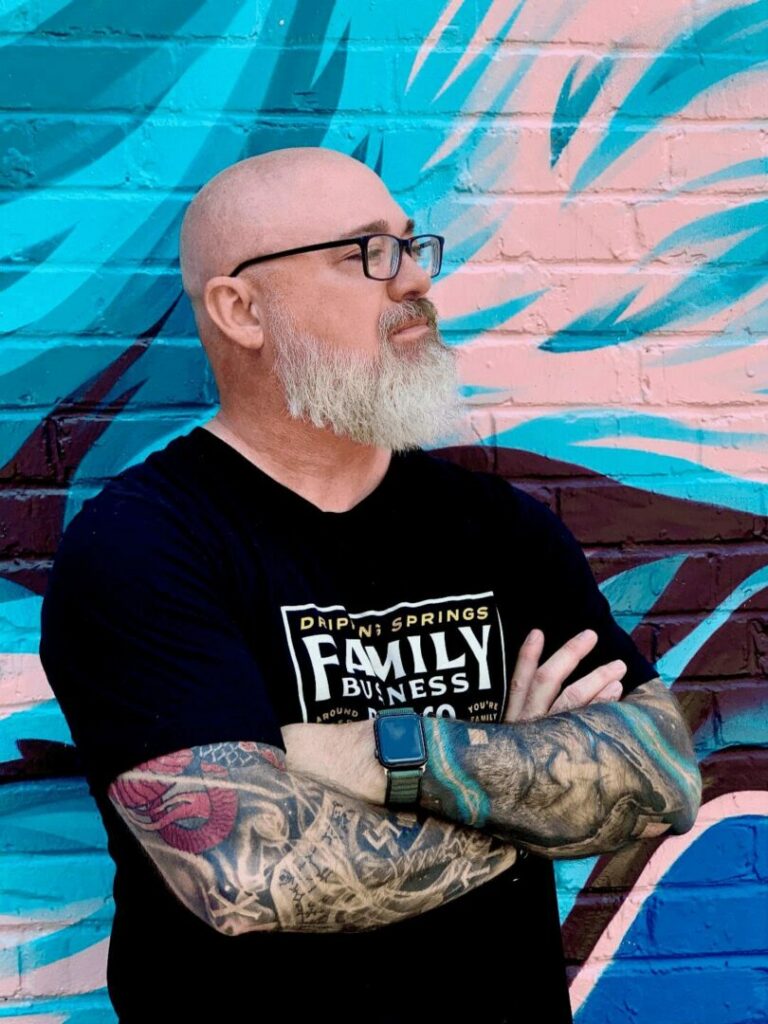
I don’t think imposter syndrome ever really goes away completely. There are times when what I’m doing feels natural, like it’s exactly what I’m meant to be doing. Then there are other times when that nagging voice of “am I really good enough?” creeps in. It’s tough to shake off, especially in the world of comic book creation, where creativity and competition go hand in hand. Read more>>
Jenice Stallings
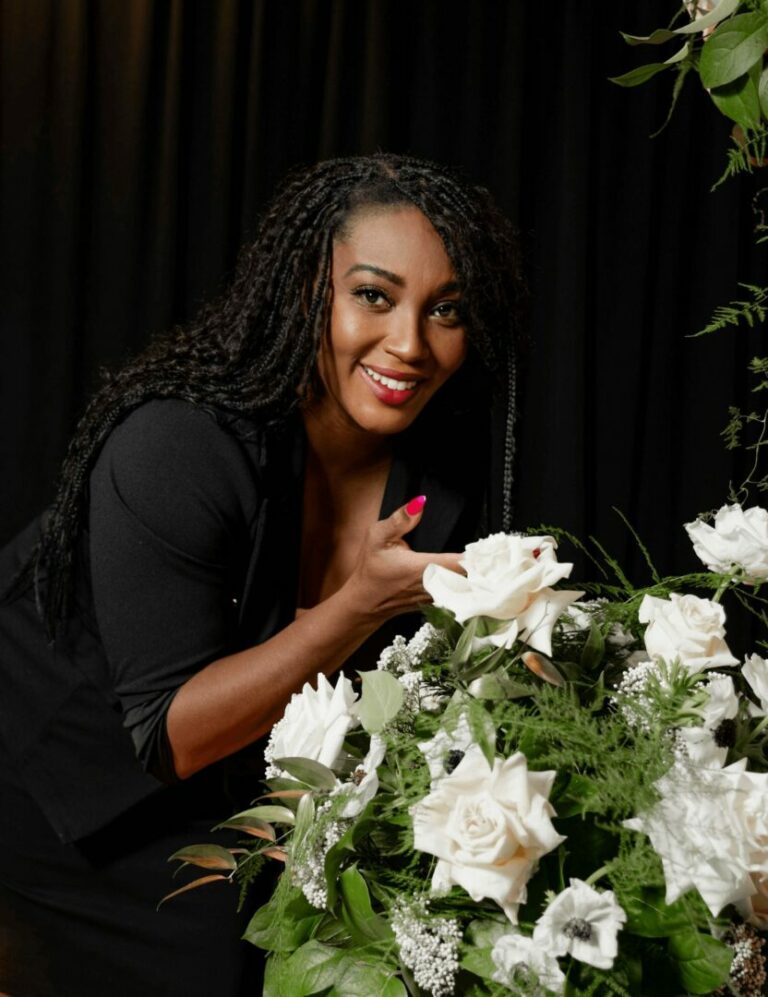
I still deal with moments of imposter syndrome, which comes and goes for me, and when it creeps in, I identify it and then tell myself this is a lie.I remind myself that I am capable. When things are hard, I tell myself I can do hard things. When imposter syndrome starts to creep up, I break things down into chunks or phases. For example, I am working on building a foundation in a tremendous way and the coach I have now is talking about grant writing, and she told me it would be 300 pages. Read more>>
Cesar Carcaboso Josep Vicens
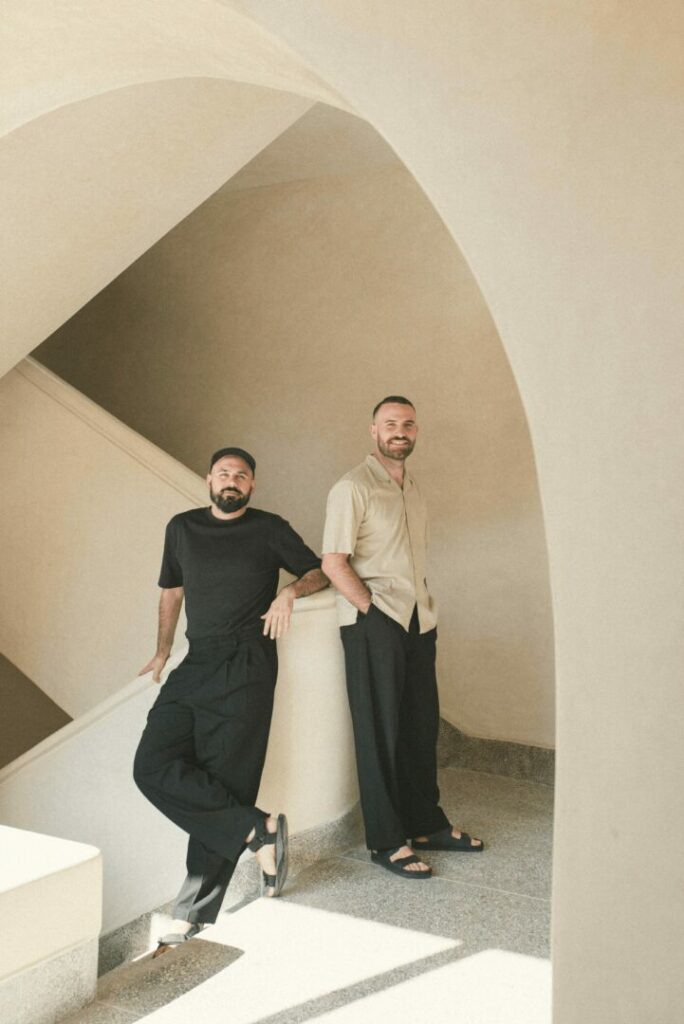
Santa Living started from the need to escape the hectic city life and explore interior design and textiles more deeply. Building this over the past 5 years has been challenging but rewarding, helping us grow personally and professionally. Even with our success, the impostor syndrome still lingers and gets bigger. Read more>>

